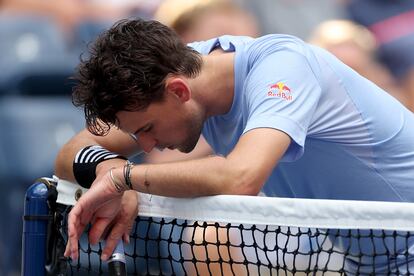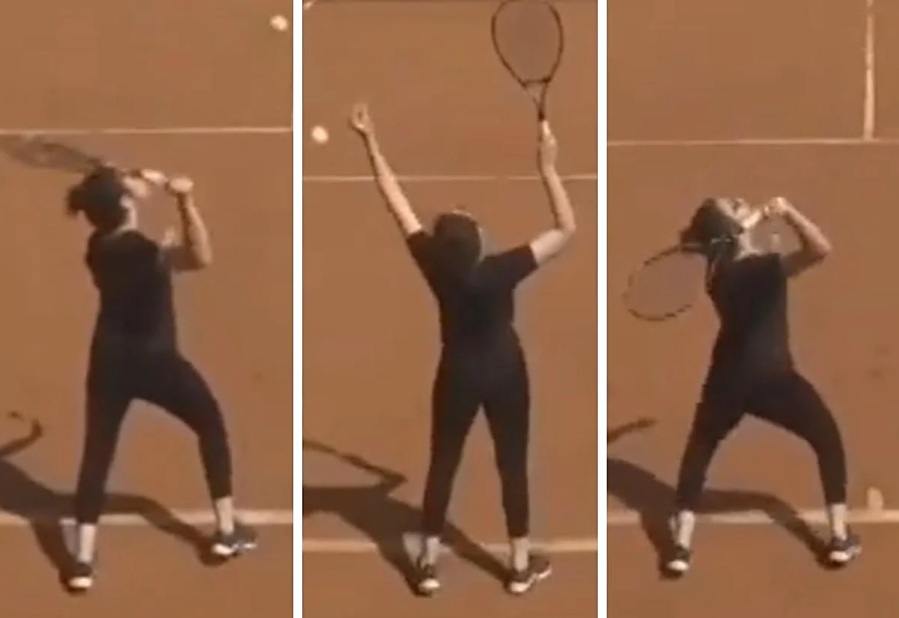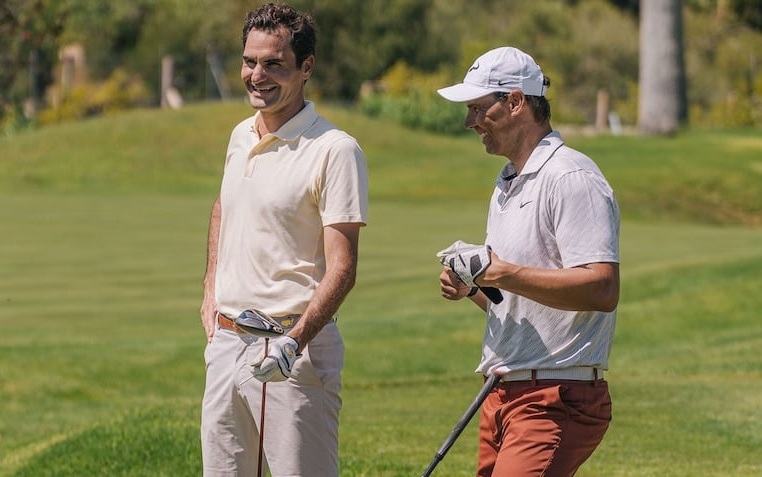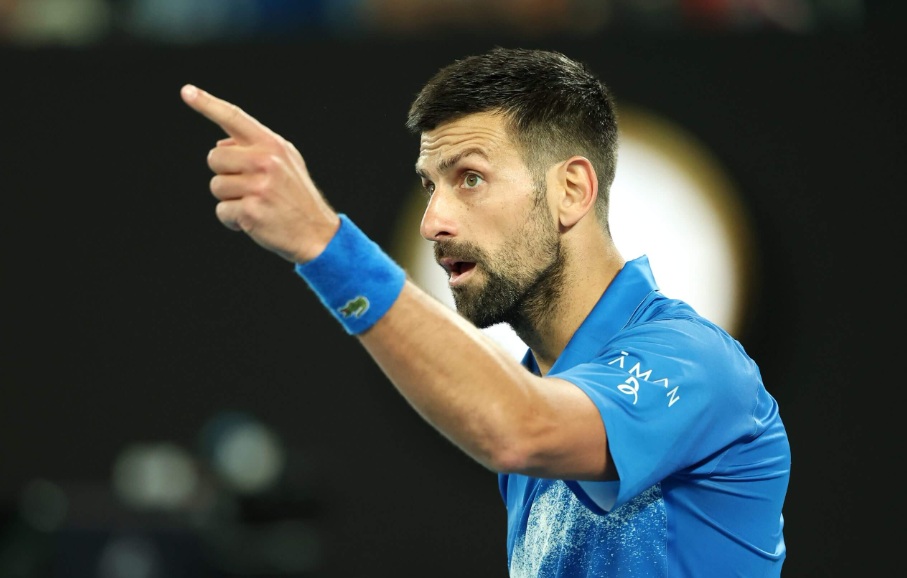After a gruelling three-set loss, Coleman Wong had to endure an outburst of fury directed at him from the stands: “I lost a lot of money because of you!”
The man pushed through the crowd just to confront Wong — the “culprit” of the disgruntled spectator’s financial tragedy during the Challenger Ostrava event in April.
The Hong Kong world No 173, who recently progressed to the third round at the US Open, is no stranger to receiving abusive online messages. But in Czech Republic, the usual faceless names attached to throwaway social media accounts presented themselves as an immediate threat. It was the first time Wong was harassed at a live event.
“I felt threatened,” the 21-year-old told CLAY. “It’s too much. I’m just doing what I love, playing tennis around the world and having people coming … you know … it’s just not good for tennis. It’s tough because every player gets this. When you’re in Challengers, if you lose a match, you get tons of death threats and everything on social media. It’s getting out of hand.”
These instances in online spaces are becoming worryingly commonplace for professional tennis players. Statistics from data science company Signify Group, published by the Women’s Tennis Association and International Tennis Federation (ITF) in 2024, revealed about 8,000 abusive, violent or threatening comments were dished out to 458 players through their social media platforms that year.
French player Caroline Garcia, now retired, went public on X in August 2024 with examples of messages — “you should consider killing yourself”, “a clown belongs in the circus” — she received following losses. More recently, Ukrainian professional Elina Svitolina took to her Instagram story to post chilling screenshots. One abuser said they hoped Russia “kills all you Ukrainians”, referencing the ongoing war in Svitolina’s home country.
After mentally and physically sapping matches, often lasting for hours and ending in defeat, the last thing players want directed at them are unsettling messages. German player Maximilian Marterer told CLAY: “It’s Instagram mostly, that’s the one I use most. I think that’s a thing they (social media platforms) have to solve. It’s not our job to do it. We’re just sports people and that’s what we want to be seen as. It’s a very sad point in our sport.”
This are some of the messages I received lately after loosing some matches. Just a few of them. There’s hundreds. And now, being 30 years old, although they still hurt, because at the end of the day, I’m just a normal girl working really hard and trying my best, I have tools and… pic.twitter.com/q4djrfLfx9
— Caroline Garcia (@CaroGarcia) August 28, 2024
Of the 8,000 comments flagged by Signify Group, 40% were determined to have been sent by angry gamblers. North American world No 113 Tristan Boyer hopes more can be done to protect players. “Every single player gets direct messages after every single match, win or lose, usually from bettors,” he said to CLAY. “Theoretically, ATP has a programme that deletes them for you, but sometimes it doesn’t work. They’re trying but hopefully they fix that.”
Boyer was referring to the ATP Tour’s artificial intelligence service termed as ‘Safe Sport’, provided to the top 250 ranked men’s singles players and top 50 men’s doubles players. Launched in July 2024, the software automatically scans players’ social media channels for toxic comments and hides them in real time. In August, ATP revealed more than 162,000 social media comments containing severe abuse were found and hidden during its first year of use.
While this may be the new normal, gambling-related abuse towards tennis athletes occurred long before the proliferation of social media. Fifteen years ago, when Japanese player Taro Daniel was still a teenager, he came across a series of rage-laden texts on Facebook Messenger from a stranger after he lost an ITF Futures match in Spain.
“The first time it happened, I was really shocked,” the 32-year-old told CLAY. “The guy was like, ‘I lost €2000 because you lost. Fuck your mom.’ And I was like, what is this? I’ve never seen this before. I replied and we got into an intense exchange but the second time I learnt not to reply. Now it happens every single match I lose, those are coming off from the people that are betting on you.”
With the frequency of these messages, some players have gradually been desensitised. “It’s something that affected me in the past,” Argentine Federico Agustín Gómez said. “I try not to be on social media as much. Someone that is betting money on sports and not doing anything with their lives, blaming someone for the choices that they make … I mean … sometimes I look at them and I laugh because they’re funny.”
Simply avoiding social media is easier said than done. China’s Yan Bai, 36, said: “I don’t use Facebook, Instagram as much because I have my own life. If I want to talk with my friend, I will contact them with WhatsApp. I just let it go. But it’s quite difficult, because sometimes, when you want to check something (on social media), then you see the messages. Dirty words. It makes you sad. It’s really tough for players to keep their mental health.”
The Serbian player Dusan Lajovic, 35, added: “People are creative, they find a way to cuss at you in different ways. There are serious accusations and serious issues with these people. Sometimes they know where you eat, where you are. It’s a real issue because you don’t know what’s going to happen. Is the guy just sending empty threats or is it really a lunatic that’s going to do something?”
Irish sports psychologist Kevin Clancy, who worked with Ireland’s top tennis professionals, believes a possible solution could be for players to delegate their social media accounts to other people.
Clancy explained to CLAY: “If they’re in the position where they can get a team, they should get somebody to do it for them. If they need to do it themselves, then they structure it. If you delete it off your phone, you can only access it on your laptop at particular points in time”.
“Personally, I don’t see any benefit in social media, but they’ve grown up with that and it’s how they connect with the world around them. It’s almost like working with an addict to try to get them off a particular drug. The likes of Djokovic, Nadal, Federer weren’t sitting down looking at what people were saying about them.”
It is exactly this mentality that the young French talent Arthur Cazaux, 23, embodies. “Life is not with the phone, life is outside,” the world No 79 said. “I spoke to some players and they’re affected, but this doesn’t affect me because I know it’s virtual and it’s nothing. I think it depends on the character. When it comes from a phone, there is no energy, you know?”
Still, should the onus be on the players to deal with the sports betting industry’s exponential expansion? The ATP Tour, who inked a six-year deal with Sportradar in 2023, directly profits from selling its live tournament data and streaming rights to gambling companies. As legal tennis betting continues to grow, with more options for degenerates to bet on like point-by-point markets, these data deals are a major revenue source for governing bodies.
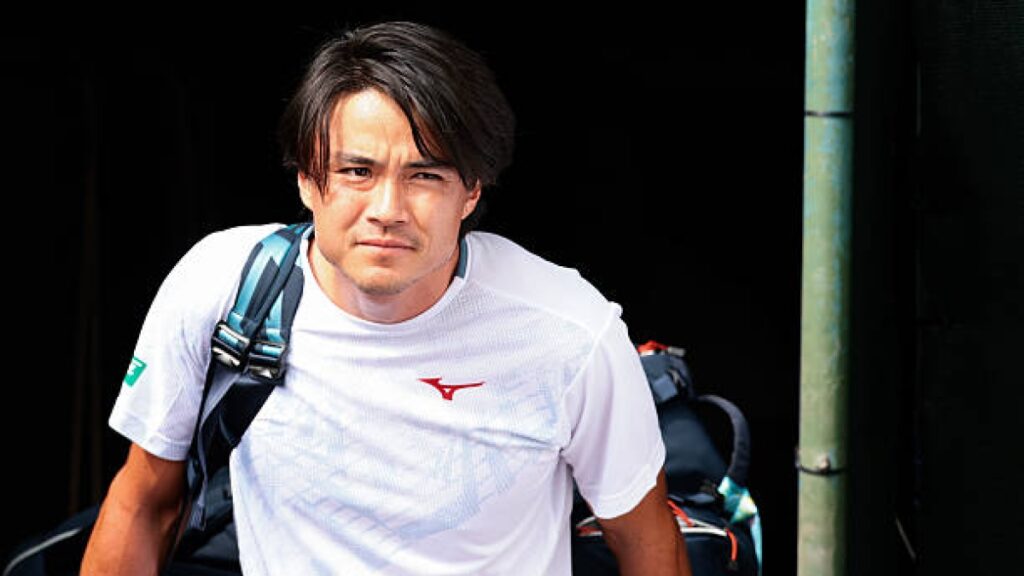
Daniel believes players should be entitled to a slice of the cake. “That’s the only way to accept this crap,” he said. “At least if I got paid $50,000 a year to get shit thrown at me online, then okay, I can take it. But if I lose money going to a tournament, and I see the messages, that’s a slap in the face.
“In my opinion, you cannot filter these (comments) out, because then you would be limiting the freedom of speech of people online. For me, that’s a cost we have to pay, but we should be getting commission off the betting.”
For now, though, players must make do with the available resources to shut out the noise. Hungary’s Márton Fucsovics, 33, has experienced it all as a professional on tour since 2008.
“I have bad experiences every day, even if I win,” he admitted to CLAY. “I learnt not to think or care about it, and that’s the best to do. Don’t open the messages, just delete everything and focus on yourself. That’s what I do.”
